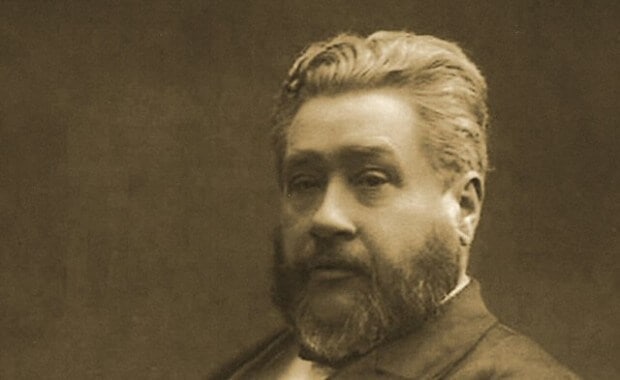The amount of writing and speaking Charles Spurgeon amassed during his lifetime is truly staggering. Though he only wrote two formal commentaries, his thoughts and comments touch on every book of the Bible. In fact, his sermons were filled with biblical content, something he called “Bibline.” He told his students, “Saturate your sermons with Bibline, the essence of Bible truth.” Whether he was reading and commenting on Scripture as part of formal biblical exposition or just referencing or alluding to Scripture when delivering a topical sermon, his words were filled with Bibline.
This concept is precisely the philosophy that the Apostle Paul instructed Timothy to follow: “preach the word, be ready in season and out of season, reprove, rebuke, exhort, with all patience and instruction” (2 Tim 4:2).

“Preeminently practical”
With Spurgeon’s thoughts and comments organized like so, we can easily find what he had to say about his Bibline compatriot, the Apostle Paul. Spurgeon deeply valued the practical nature of Paul’s teaching and sought to emulate that style. This approach comes to the forefront in Spurgeon’s comments on the Epistle to Titus:
Although Paul himself is a master of doctrine . . . yet he is preeminently practical in his teaching. He often deals with the details of ordinary life. This is exceedingly noticeable in his Epistle to Titus. As you know, Titus was a teacher of teachers. He had to set in order “what remains” (Titus 1:5) and to show other preachers how they were to preach. You see how much of the epistle is taken up with the affairs of ordinary life, matters of holy practice. So let our preaching be, and let Christian people learn to receive such instruction joyfully. God will assuredly bless it, not only to its own great end of promoting holiness, but also as the means of convincing men of sin in which they deviate from these blessed precepts, and so by conviction of sin leading them to feel their need of a Savior, and thus incidentally driving them to the cross where all hopes of salvation must alone be fixed.
And here too, in this comment about Paul’s Epistle to the Philippians:
This epistle was written by Paul when he was in prison, with iron fetters about his wrists; yet there is no iron in the epistle. It is full of light, life, love, and joy, blended with traces of sorrow, yet with a holy delight that rises above his grief.
See for yourself
Benefit from the incredible wisdom of Charles Spurgeon, passage by passage. Our in-depth research of Spurgeon helps you to better understand, apply, and illustrate the Bible.
The Spurgeon Commentary Series contains volumes on 10 different New Testament letters, including five Pauline letters. These volumes are now available for individual sale—or get the entire ten-volume collection today!





